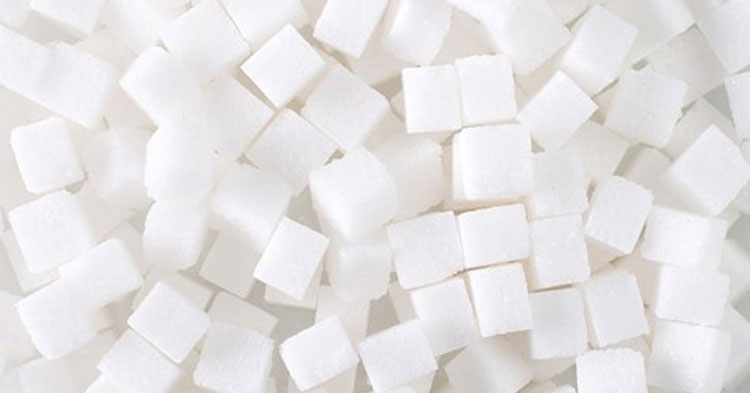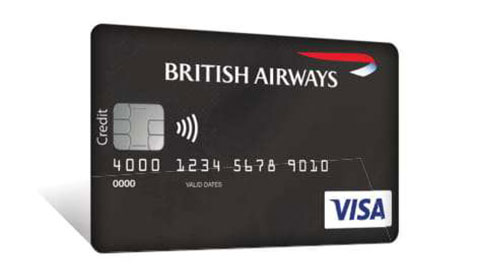The not so sweet truth: understanding how sugar tax affects you
In February this year, during his Budget speech, the Minister of Finance announced the introduction of a so-called sugar tax. Another sin tax we all thought, that would increase the price of our everyday favourites (considering that sugar can be found in almost all processed food and beverage products, right)?
For a recap of what was said in the Budget, read our blog unpacking what the Budget speech means for average South Africans.
This week, the sugar tax topic has resurfaced and seen a lot of headlines because Monday was the closing day for public comment on the government’s proposal for implementation. You’ve probably read about the pros and cons of such a tax, and if you’re feeling confused about what this tax on sugar products really means for you and your pocket, here’s our take on it.
What is sugar tax anyway?
Simply put, sugar tax will be an additional cost on the price of your sugar sweetened drinks in an attempt to discourage people from buying products that contain high levels of sugar.
How much tax are we talking about?
A whopping 20% or 2.9c per gram of sugar.
What does this sugar tax cover?
Here’s where things get interesting… You would think that sugar tax would be applicable to any and all processed foods and beverages that contain more than a set amount of sugar (or something to that effect). Instead, it is only sugar sweetened beverages like Coke, Oros, Vitamin Water, Red Bull, Tropica and even Nestle Iced Tea that are currently being targeted.
This means you can still enjoy your favourite cereals, energy bars, packets of pre-made noodles, fruit canned in syrup, sauces and instant gravies and even fruity yogurts at no increased cost.
Do other countries have sugar tax?
Denmark introduced a tax on soft drinks as far back as the 1930s. More recently, we’ve also seen France, Mexico and Norway jump on the bandwagon.
Has this tax been successful in other countries?
Here’s where the water gets murky… As the Daily Maverick points out: “Interestingly, even though considerable research has been done on the impact of a sugar or fat tax on society, there remains no absolute consensus on its long-term impact.”
So why a sugar tax
It’s no secret that most South Africans are, well, fat… It’s gotten so bad that, as the Taxation of Sweetened Beverages Policy Paper released by government last month notes: we’re now considered the most obese country in sub-Saharan Africa with more than half of South Africans being overweight.
As we know too well, being overweight is not good. Not only does it drastically increase your chances of heart disease, strokes, high blood pressure and type 2 diabetes, it also really doesn’t do anything for your self-esteem or romantic relationships.
Needless to say, the consumption of sugary products is one of the contributors to our high levels of obesity. And with this tax on sweetened beverages, the government’s singling out many popular drinks because they’re considered a major contributor to our excessive sugar consumption.
Take the average 330ml can of soda… It typically contains as much as 35g of sugar. Compare this to the World Health Organisation’s recommendation that an adult restrict her sugar intake to no more than 50g per day and it starts becoming clear why the government is concerned with sugary drinks in particular.
Why sugar tax isn’t so sweet
While everyone agrees that South Africans need to eat less sweet stuff, there’s a lot of resistance to this proposed tax.
The reality is that the sugar contained in these beverages only accounts for three percent of the average South African’s energy consumption… What’s more, the National Treasury only expects to see a 36kJ per day average drop in energy consumption in most adults (as is stated in the policy document) – an amount which seems completely negligible…
Then there’s also the massive impact a tax on sugar sweetened beverages is likely to have on the Non-Alcoholic Beverage (NAB) industry, which currently contributes R60 billion to South Africa’s GDP.
Organisations like the Beverage Association of South Africa and Coca-Cola Beverages Africa have warned against the massive impact the introduction of this tax will have on our beverage industry.
These warnings are so grave that communities are starting to demonstrate against this tax for fear of how it will affect their livelihood. A recent report by the Beverage Association of South Africa indicates that as many as 60,000 to 70,000 jobs could be lost and a further 10,000 businesses will be forced to close. In an industry that supports over 250,000 jobs, that’s a significant blow, especially as government claims to be focussed on creating jobs!
So while the government appears to have good intentions, it seems to us that the impact will be more negative than positive – both on your back pocket and on the South African economy in general.
With such strong facts pointing to the negative implications of the introduction of a sugar tax, no wonder some are saying that the tax will only make us #PoorerNotThinner.
Stay in the loop with the latest happenings regarding the campaign against sugar tax by checking out www.poorernotthinner.co.za or follow the Beverage Association Facebook account.
MoneyShop





